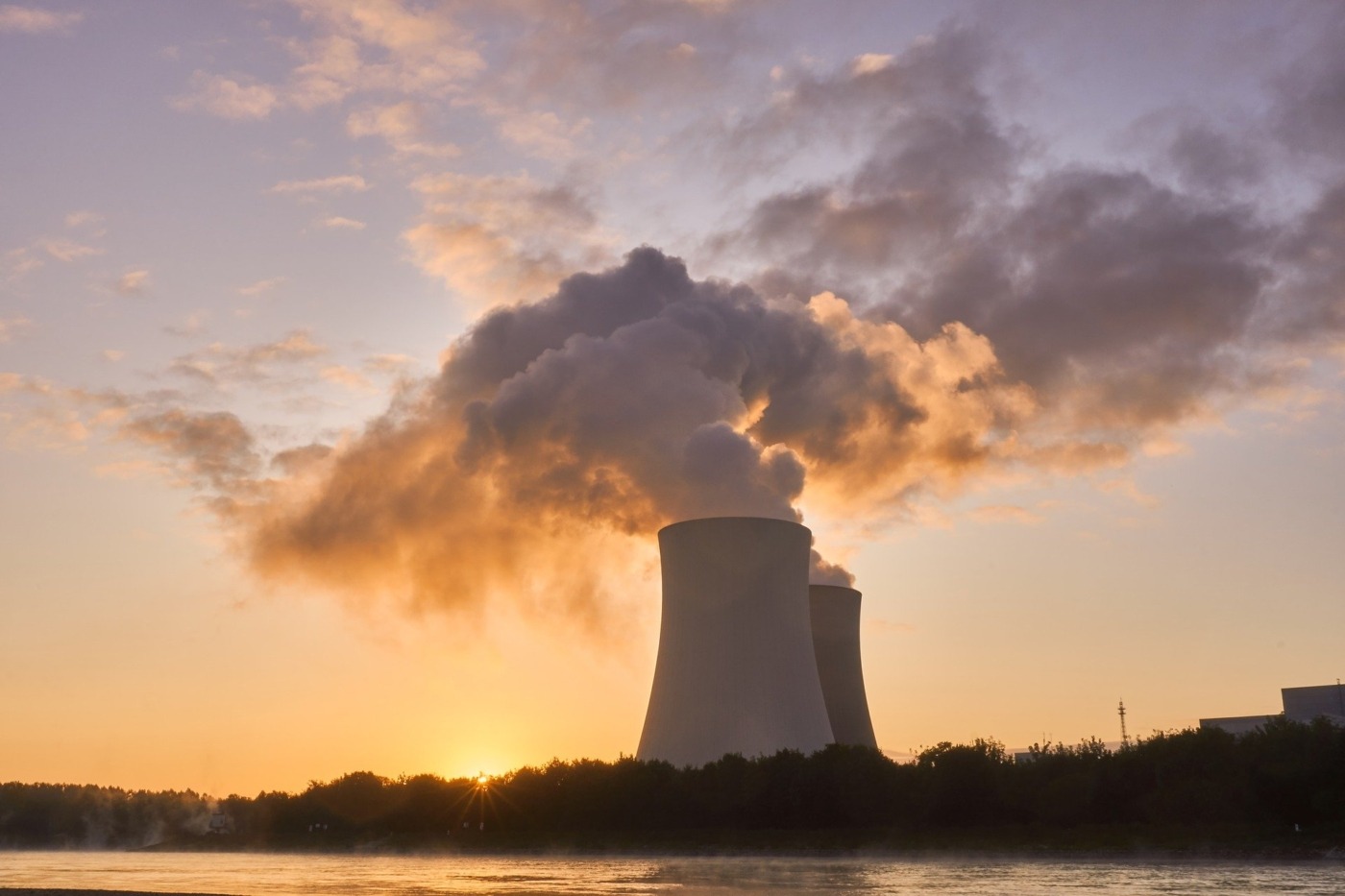Where is the nuclear debate a decade after Fukushima?
A decade after the 2011 Fukushima Daiichi Power Plant nuclear disaster, caused by the 2011 Tōhoku earthquake and tsunami, and nearing 35 years after Chernobyl, the nuclear debate has not moved much at all. It is no surprise following the incident that the practical step was taken to decommission most affected plants in Japan. It is also no surprise that the reaction to such disasters often leads to the ideological step of stripping nuclear out of national grids. However, Italy reversed such a decision over a decade ago and Germany has replaced nuclear with coal as they lament that their decision to go renewable just cannot create enough energy or be consistent.
Chernobyl was as much a disaster of politics as it was science, with the Soviet Union desperate to protect its image and ignore, downplay, and coverup the disaster. Radiation was even detected in north-east England, so this was never going to work. This was not the first incident the Soviets had with nuclear energy. Their blatant disregard for human life, including its citizens, define their handling of numerous nuclear accidents. In 1975 the Leningrad Nuclear Power Plant suffered a string of accidents, deaths and radiation leaks identical to what would happen at Chernobyl. They also suffered accidents in 1976, 1979, 1990, and 1991, all suppressed by the state. 1992 was the first to be reported by the media. Given the historical track record of the Soviets on nuclear safety it is no wonder that when people hear of the actions, or inactions, of the former communist bloc that they express concern about the impacts of nuclear power.
Fukushima was a story of mishaps in the face of a natural disaster. Detecting the earthquake, the reactors shut down, emergency generators had to come on, but the 14-metre tsunami arrived sweeping over the 5.7-metre seawall cutting power to the circulating pumps. This meant the reactor core cooling was lost causing three meltdowns and three hydrogen explosions, releasing radioactive contamination. Poor government communication, haphazard standards and oversight, and decades of unactioned concern over vulnerability to natural disasters combined to create the worst incident since Chernobyl.
Fukushima was a story of mishaps in the face of a natural disaster
However, Onagawa Nuclear Power Plant was half the distance of Fukushima from the earthquake’s epicentre. They faired extremely well, showing up nuclear disasters as the aberration if handled well and planned for. The town itself was destroyed by the tsunami, but the plant’s 14.8-metre seawall, forced through by Yanosuke Hirai, withstood the 14-metre tsunami. Without the flooding experienced by Fukushima, the plant survived, and the wall has even been extended to 17-metres. This was a story of safety measures working and decades of crisis planning paying off. Rather than people fleeing the Onagawa plant, people fled to it as the only safe haven. The plant, while shut down due to protocol retained public goodwill unlike Fukushima, is expected to restart this year.
Nuclear plant safety is a major reason for renewable advocates also demanding nuclear be scrapped. Nuclear disaster in the proper environment is very rare, but this risk is often deemed too great regardless. But renewables face ongoing consistency and production issues, one just has to look at their failure in Texas this winter which helped bring the state to its knees, but many argue that the environmental benefits outweigh this. There is also political concern with EDF, a French company, previously building and running Britain’s nuclear plants, but now we have accepted China as another player which runs a lot of risks as they are not generally considered a friendly or trustworthy foreign power. Energy is a massive political minefield, and opening it up to substandard, or the thought of untrustworthy actors, does not always sit well.
Nuclear plant safety is a major reason for renewable advocates also demanding nuclear be scrapped
We also must consider nuclear waste and what to do with it. The usual response is usually that this is a small price to pay for what is a mostly green energy source which doesn’t have the consistency and production woes of solar and wind. As time progresses this could change, whoever can consistently produce the most energy with the smallest amount of monetary and space investment will win. Perhaps a combination is best for now, something Germany may have to reconsider given its return to coal. The miracle of nuclear fusion is the dream, with the Oxford start-up First Light Fusion reportedly a decade ahead on government plans, we may be getting closer.
The debate continues a decade after Fukushima. What are your priorities, what sacrifice are you willing to make? Everything has a cost; it is just a question of who and what pays. This applies to both renewables and nuclear.

Comments